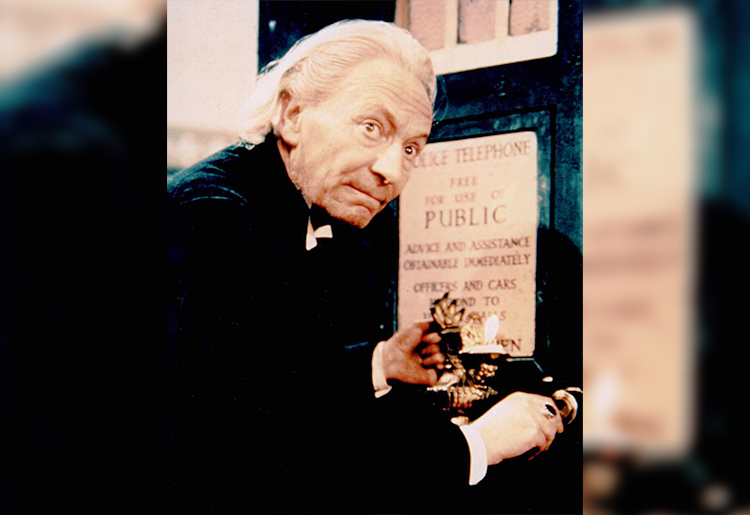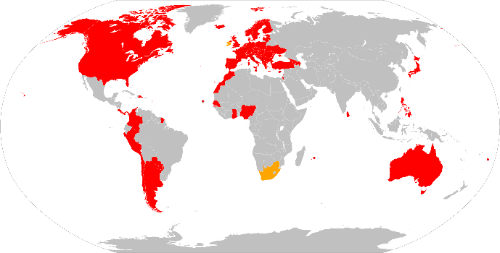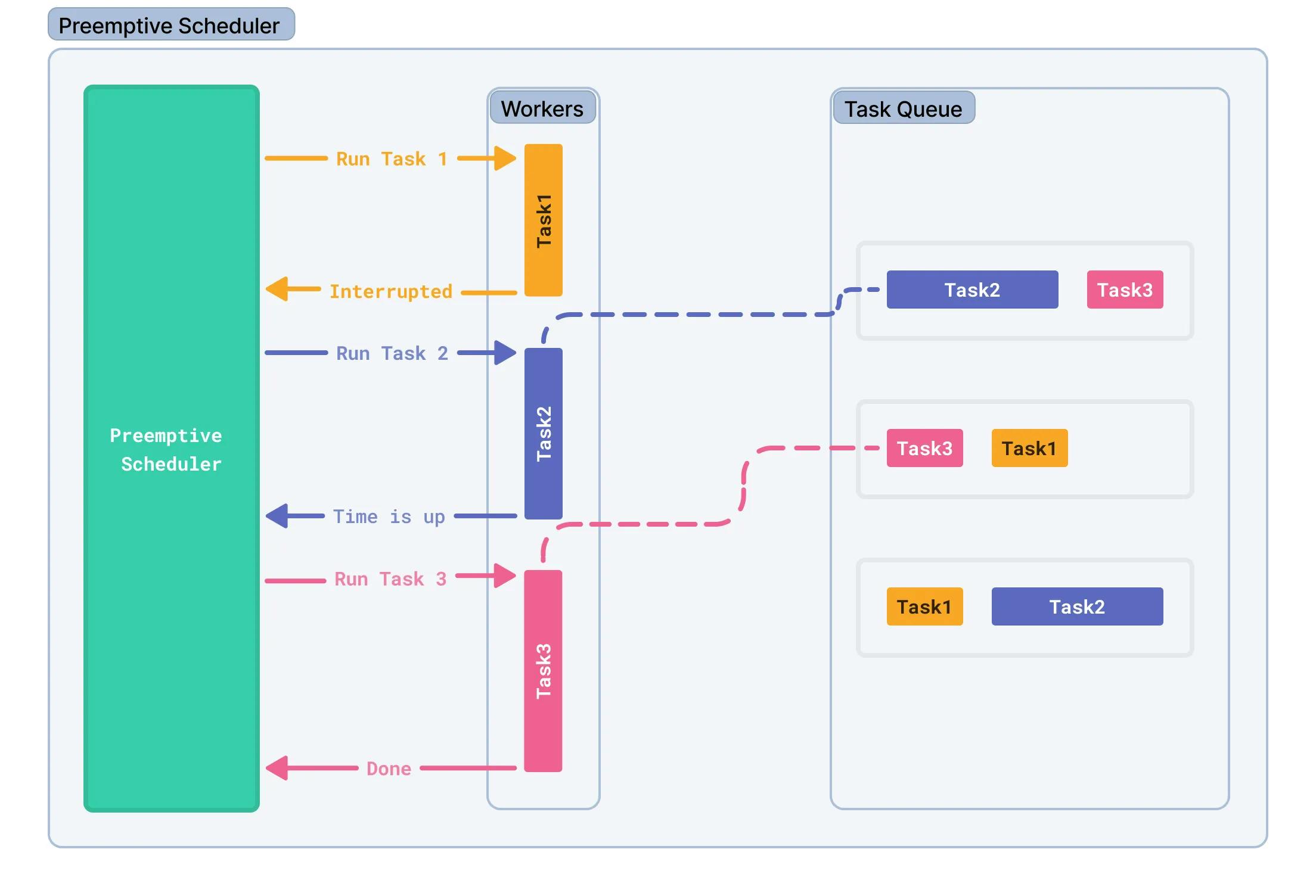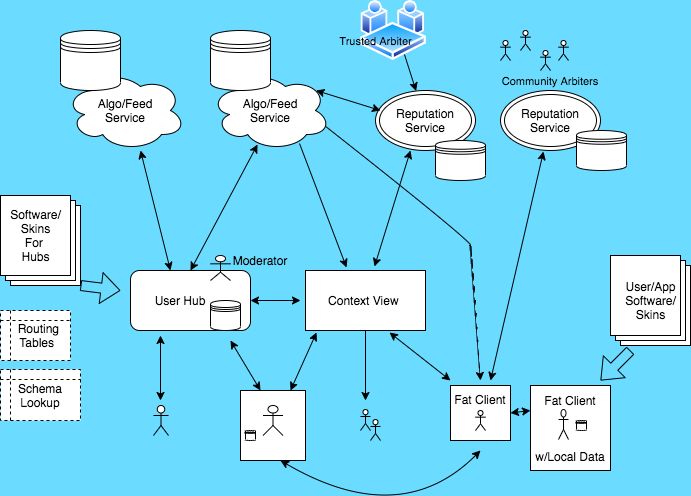On This Day in Tech History

The first smartphone, the IBM Simon, was introduced
1992The first smartphone, the IBM Simon, was introduced at COMDEX in Las Vegas, Nevada.

BBC aired "An Unearthly Child"
1963The BBC broadcasted An Unearthly Child (starring William Hartnell), the first episode of the first story from the first series of Doctor Who, which is now the world's longest running science fiction drama.

The Convention on Cybercrime was signed in Budapest, Hungary
2001The Convention on Cybercrime of the Council of Europe was opened for signature in Budapest in November 2001. Two decades later, it remains the most relevant international agreement on cybercrime and electronic evidence.
2001: A Bitcoin Odyssey
November 23, 2024
3 Approaches To Digitizing Newspapers & Magazines
November 23, 2024
Creating a Poor Man's API Using PostgREST
November 23, 2022
Debugging AWS Lambda Runtime Errors
November 23, 2022
The Lost Childhood of Teenage Workers
November 23, 2022
How Big Tech Influences Privacy Laws
November 23, 2022
Before You Start Learning to Code, Read This.
November 23, 2021
A Cryptographer's Guide to End-to-End Encryption
November 23, 2021
Serverless Functions with C#, Azure and AWS
November 23, 2021
Handling Data Integrity Issues Like a Pro
November 23, 2021
Side Projects: Yay or Nay?
November 23, 2021
Why The Crypto Bear Market Will Continue
November 23, 2018
Bitcoin and Thermodynamics
November 23, 2018
Is Bitcoin Dead?
November 23, 2018
The #PhoneChallenge 😈📱
November 23, 2018
Jagged delivery
November 23, 2018
Trade.io White Paper Review
November 23, 2017
Writing Code like a Mathematical Proof
November 23, 2017
Experiment Together. Improve Together. Win Together
November 23, 2017
Problems With Crypto Exchanges
November 23, 2017
Beat the Feature Factory (Video)
November 23, 2017
Why the Fuss About Serverless?
November 23, 2016
The design of legal terms
November 23, 2016
Blockchain — AIs tool of choice
November 23, 2016
Create a Simple Twitter Bot with Node.js
November 23, 2016











































































